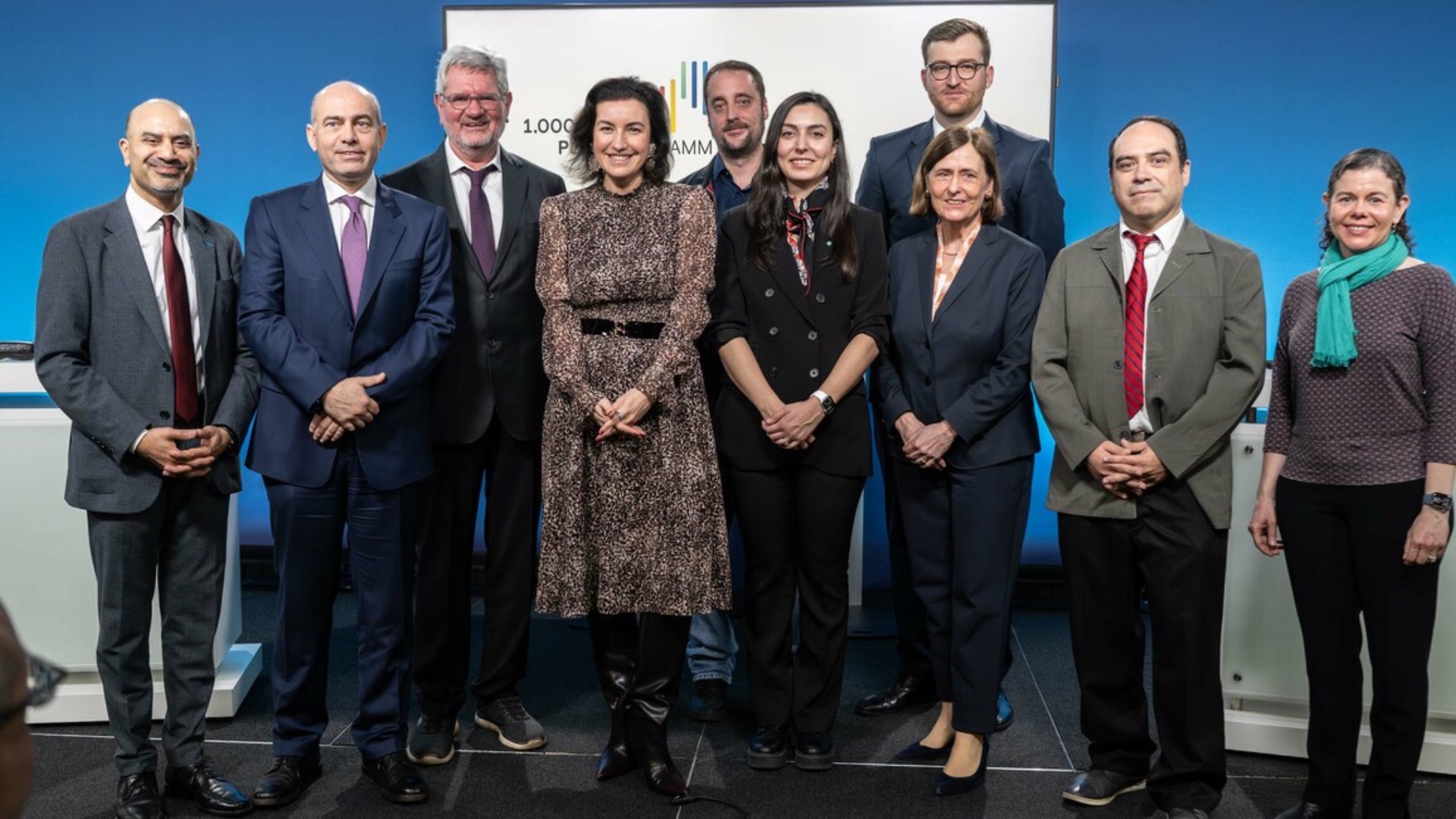Germany has become one of the world’s top destinations for international students, ranking just behind the US, UK, and Australia, according to a recent OECD report. Over the past decade, the share of foreign students in German universities has nearly doubled—from 7.1% to 12.7%—highlighting the country’s growing appeal thanks to its high-quality, affordable education system.
Despite attracting talent from around the globe, Germany faces a critical challenge: many international graduates leave the country shortly after completing their studies. Data suggests fewer than half stay five years after starting their education, with retention dropping further over time.
This trend threatens to undercut Germany’s economic and innovation potential. Skilled young professionals contribute not only through their expertise but also by paying taxes and supporting social programs, which is increasingly vital as Germany’s population ages.
Barriers to Staying
Experts point to several obstacles discouraging students from settling permanently. Housing affordability remains a significant concern, particularly in major cities. Complex bureaucratic processes and unclear pathways to employment create additional uncertainty. Furthermore, limited access to targeted language and vocational courses can impede smoother integration into the job market.
To transform international graduates into long-term contributors, a multi-faceted approach is needed. Streamlining visa and residency procedures, increasing availability of affordable housing, and expanding career-oriented language training could enhance Germany’s attractiveness as a post-study destination. Creating clearer, supportive transitions from study to work would not only benefit graduates but also sustain economic growth.
A Missed Opportunity?
As Germany competes globally for talent, turning growing international student numbers into a long-lasting domestic workforce is crucial. With demographic shifts looming, the country’s future prosperity depends on embracing and retaining these skilled individuals who already recognize the value of Germany’s education system and society. rp-online.de














